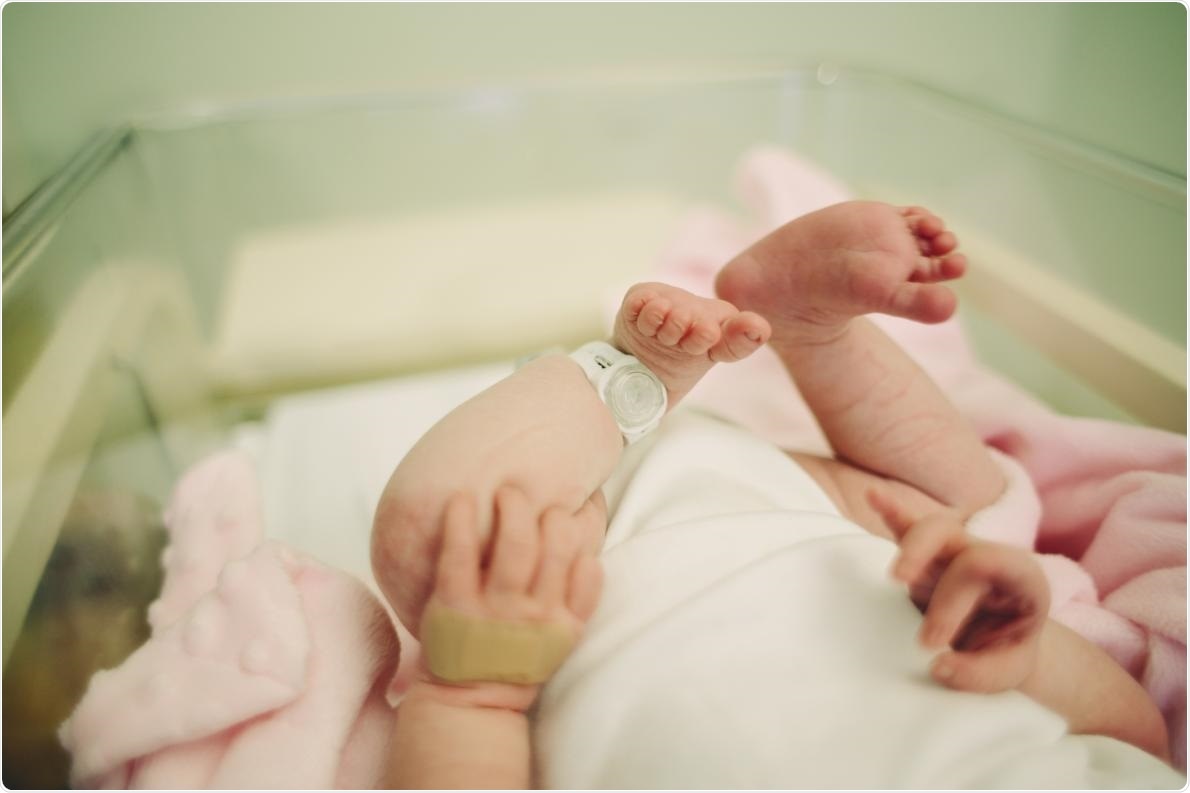
Image Credit: Sally Anscombe via Getty Images
According to scientists, clinicians should contemplate employing antibiotics in a way that causes the least harm to the newborn’s microbiome—the collective microbes that live in human bodies.
Antibiotics aimed at a broad range of bacteria—known as broad-spectrum antibiotics—are nowadays prescribed to 4–10% of all newborns for feared infections, according to current guidelines.
Experts say that in most cases, antibiotics are recommended unnecessarily because only a small percentage of those who receive them are originally diagnosed with a disease.
This overuse of antibiotics is to ensure that those who are eventually found to have an infection receive treatment as soon as possible, as any postponement can instantly become life-threatening.
Clinical trial
A clinical trial comprising 227 babies was conducted by researchers from the Universities of Edinburgh and Birmingham, as well as the Spaarne Hospital and University Medical Centre Utrecht in the Netherlands, to examine how antibiotics impact a newborn’s microbiome.
One of three standard antibiotic therapies was administered to 147 infants with suspected sepsis. Their results are then compared to those of 80 babies who had no suspected infections and were not given an antibiotic.
Before and after treatment, as well as at one, four, and twelve months of age, rectal or fecal samples of all babies were acquired. The samples were examined for microbes that comprised their newly formed microbiome as well as bacterial genes associated with antimicrobial resistance.
Microbiome changes
There was a huge reduction in the levels of different Bifidobacterium species in newborns that were given antibiotics, particularly in comparison with babies who did not receive antibiotic treatment.
These microbes help in the digestion of human breast milk, promote gut health, and help the immune system fight infection.
The researchers also discovered a boost in potentially pathogenic bacteria as well as a rise in the number and abundance of genes associated with antimicrobial resistance in the antibiotic-treated group.
Shifting balance
After treatment, a shift in the balance of good and bad bacteria in favor of more possibly hazardous microbes was noticed in 251 of the 695 different bacteria studied.
The variations to the microbiome and antimicrobial resistance genes remained for at least 12 months and did not enhance with breastfeeding, which is known to help a baby’s immune function.
We were surprised with the magnitude and duration of the effects of broad spectrum antibiotics on the infants’ microbiome when compared to effects of those same antibiotics on adults’ microbiota. This is likely because the antibiotic treatment is given at a time that infants have just received their first microbes from their mother and have not yet developed a resilient microbiome.”
Debby Bogaert, Study Lead, Professor and Chair, Pediatric Medicine, University of Edinburgh
The fusion of penicillin and gentamicin was found to have the lowest negative effect on a baby’s gut microbiome and the amount of antimicrobial resistance genes that emerge among the three antibiotic treatment regimens evaluated.
According to the researchers, this particular combination of antibiotics should be preferred when handling alleged infectious diseases in newborns.
The fact that start of antibiotic treatment rather than duration seems to be responsible for the damage to the microbiome underlines we need better biomarkers or biological predictors to more accurately determine which infant will develop an infection and thus require antibiotics, and which will not.”
Dr Marlies van Houten, Study Co-Principal Investigator and General Pediatrician, Spaarne Hospital
Willem van Schaik, Professor of Microbiology and Infection at the University of Birmingham states, “It is particularly troubling that following antibiotic therapy in newborns we observed a strong increase in Klebsiella and Enterococcus species which are both important multidrug-resistant pathogens.”
“This underlines the importance of further studies into balancing the need and effectiveness of these antibiotics and the risk of the emergence of genes linked with resistance. There may also be scope to develop new interventions, like live biotherapeutics—a treatment that is produced by or involving living cells—to effectively restore the composition of the infant gut microbiome after antibiotic therapy,” Schaik added.
Source:
Journal reference:
Reyman, M., et al. (2022) Effects of early-life antibiotics on the developing infant gut microbiome and resistome: a randomized trial. Nature Communications. doi.org/10.1038/s41467-022-28525-z.